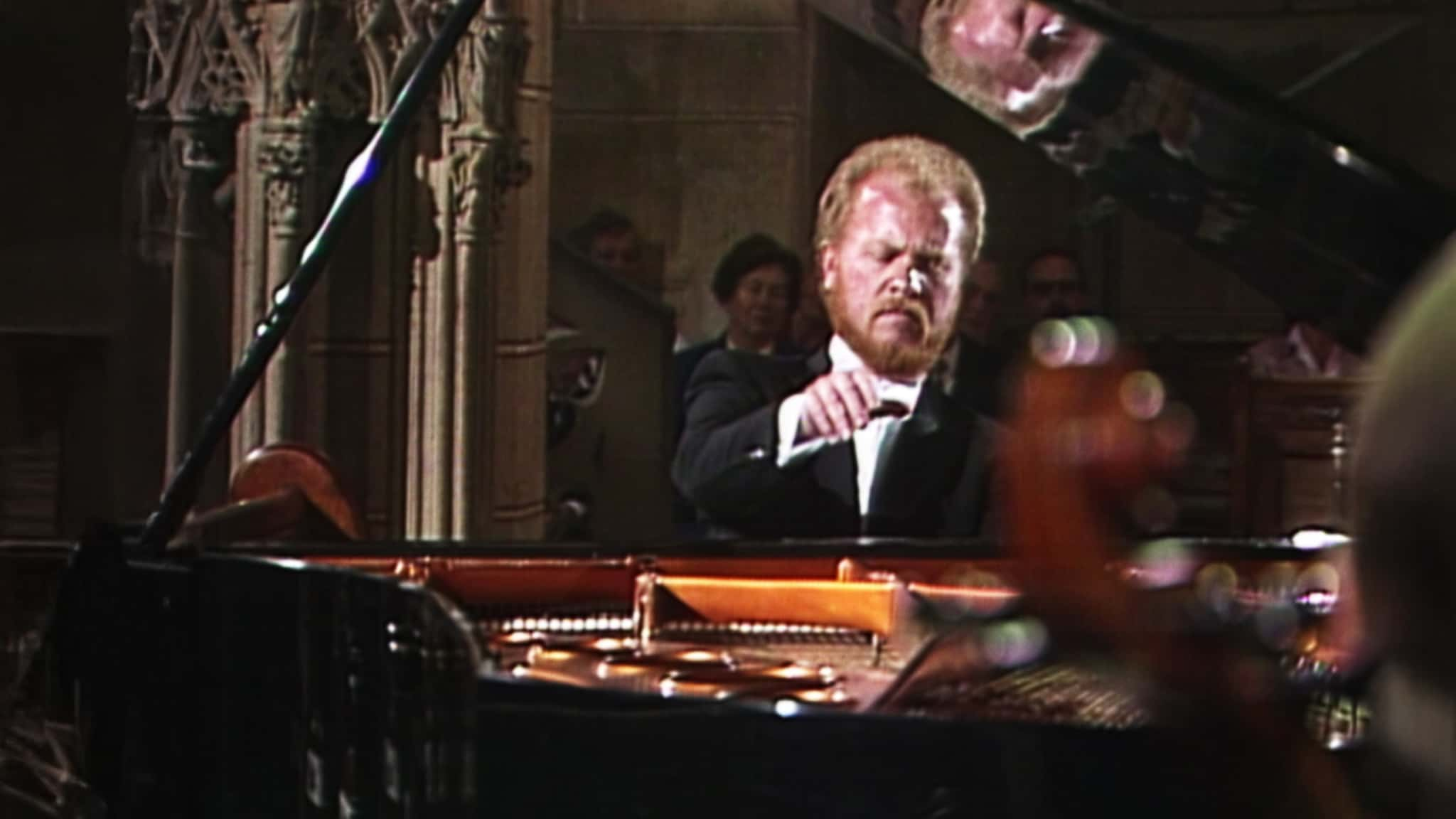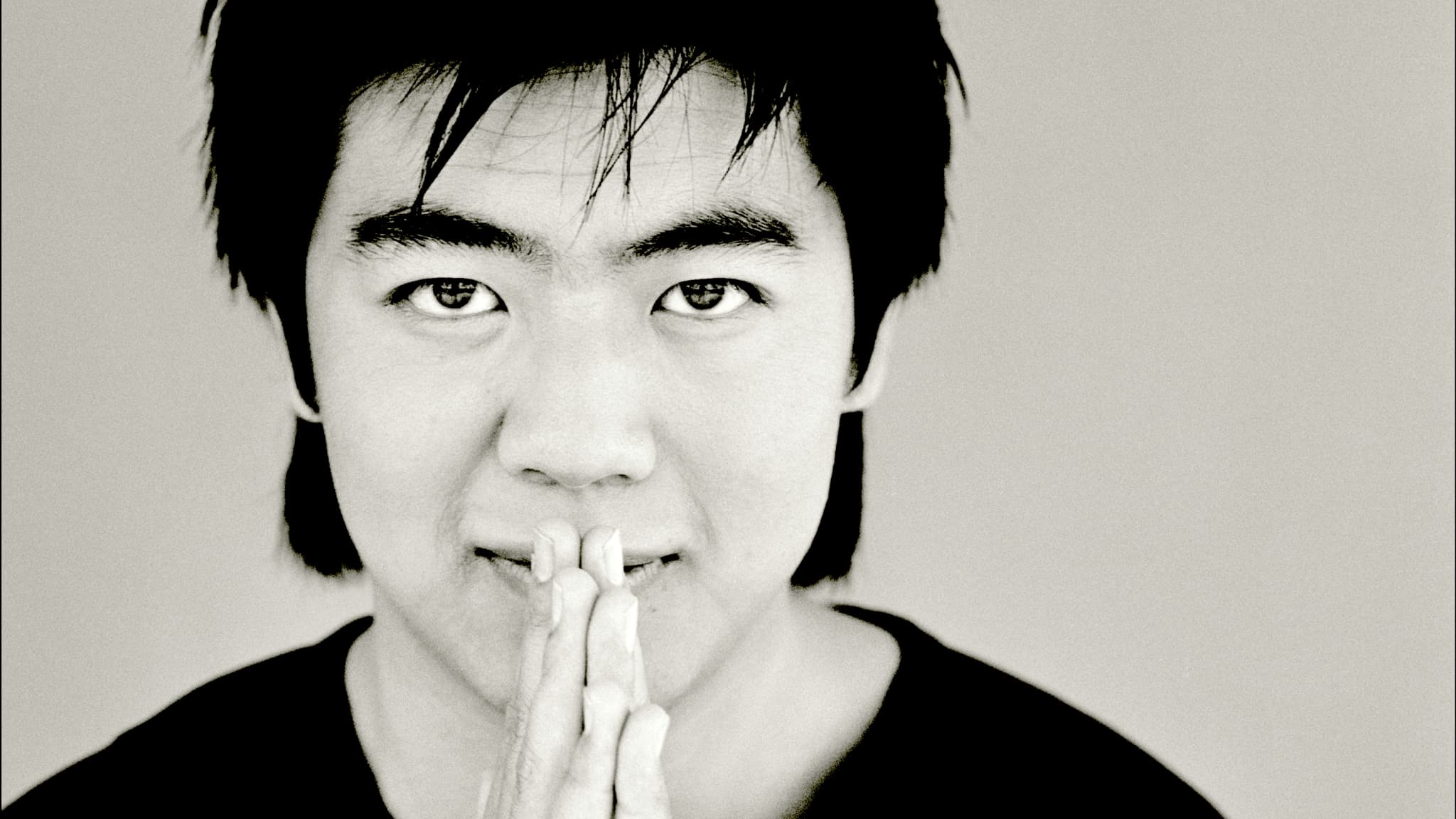AboutLudwig van Beethoven
Classical music owes much to Ludwig van Beethoven, whose pioneering and exemplary music writing has inspired music makers for generations. Born in the Rhinelands in western Germany, his musical gifts were clear from an early age and his father, a court musician, drove him relentlessly, drumming into him the rudiments of music at an altogether alarming rate, while neglecting the boy's more general education. The young composer was only 14 when he was appointed organist in Bonn.
At Haydn's suggestion, he moved to Vienna in 1792 and spent the following years consolidating his musical language with both Haydn himself and, later, Salieri. At the time, Vienna was the place for any German or Austrian musician to acquire a reputation. Beethoven did his best to link up with wealthy and noble patrons, latching on to the virtuoso instrumentalists of the day, writing showpieces for them, and acting as an accompanist on their tours. Making a name for himself in society salons, he was lionized as a piano virtuoso and as an improviser capable of reducing his audiences to "tears and sobbing".
In his own lifetime, Beethoven was widely recognised as a genius and from 1809 onwards, he was able to function as an independent artist, a mark of the value placed upon him by those with influence. Given an annual financial grant by a group of his wealthy associates and patrons on the condition that he remained in Vienna, Beethoven was free to write according to his inspiration rather than for the court or the church.
His intense relationship with music was all-consuming and his all-dominating passion increasingly burdened his friendships, romantic relationships and other contacts with fellow human beings over the years. He was diagnosed with a hearing disorder before his 30th birthday, which eventually led to complete deafness and further isolation. As a result of both that and his general unhappiness in love, he developed thoughts of suicide, became increasingly introspective and gained the reputation of misanthropy.
Fired by his sense of artistic mission, he threw himself into his work and set about radically transforming every musical genre to which he turned his hand, developing new forms of composition and uses for the instruments. In his maturity, he produced works in every genre that opened up new horizons and have remained central to the classical repertoire. Beethoven became increasingly convinced that music could show humanity a direction on its arduous path – from misery to happiness, from ignorance to knowledge. He was one of the first important composers to believe in a moral mission of art.
His nine symphonies, 16 string quartets, 32 piano sonatas, and countless other significant compositions together form a life's work of diversity and richness which only a few artists of genius after him could measure up to and which may, at the same time, be regarded as the spiritual autobiography of its creator.









































